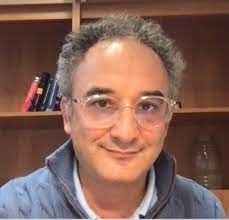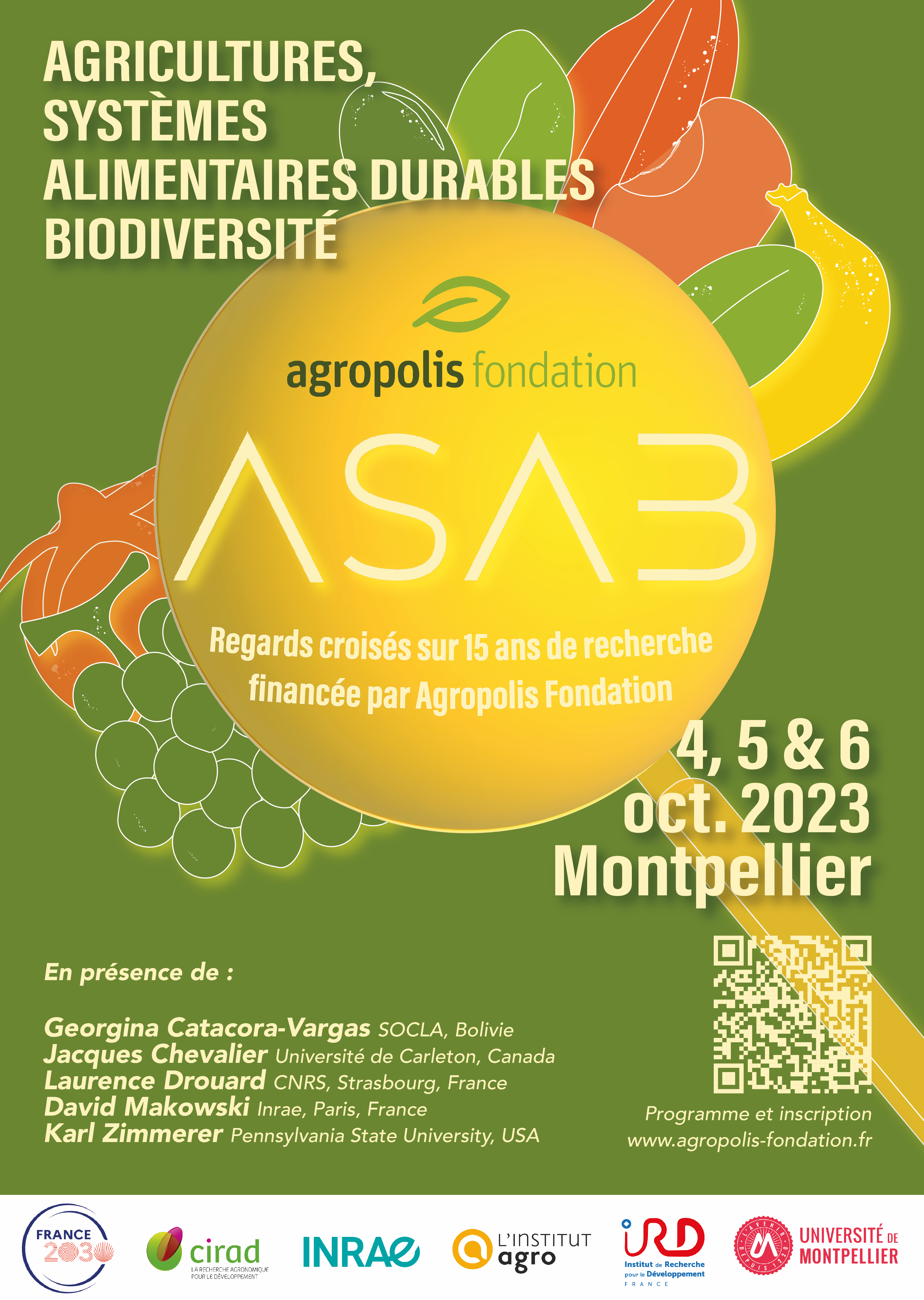Interview of David Makowski, Research Director at INRAE and Keynote ASAB
You studied agricultural sciences at INA Paris-Grignon. What made you choose data science?
There are several reasons for this.
The first is that the results of biological or environmental experiments are very “noisy”, very commented upon. Without statistical processing, it is impossible to distinguish between a false discovery and a true discovery.
The second reason is that data analysis makes it possible to combine information of different kinds and/or obtained under different conditions in order to derive more general results with a wider scope.
The third reason is that it’s a fast-changing field. Data science today is very different from what I knew as a Masters student. There have been several major developments over the last twenty years. It’s very exciting and you have to continue training every year to stay up to date.
The fourth reason is that data science allows to work in a wide variety of fields, on very different subjects, in every country in the world, and thus to meet scientists of extremely diverse profiles and nationalities without necessarily travelling a lot. I often find myself working in the morning with Asian colleagues, at lunchtime with European colleagues and in the afternoon with Americans, without leaving my office.
For someone as naturally curious as I am, this is the ideal field.
What do you think mathematics and computer science can bring to biology?
These disciplines are useful at all stages of a research project:
- For the design of the experiment, in particular its dimensioning and experimental design, which is important to optimise in order to avoid wasting time and money.
- For the storage of results and data traceability, to avoid losing valuable information.
- For the interpretation of results. Biological data is so variable that it is impossible to distinguish between a real effect and an effect due to noise without rigourous data analysis.
- To carry out uncertainty analyses to identify gaps in knowledge and guide future research.
- To extrapolate results using mathematical models, so that data can be used in other contexts.
In other words, these disciplines considerably increase the efficiency and reliability of scientific research.
Do you integrate economic and social data into your models? In your opinion, what are the challenges and obstacles that need to be overcome to enable such integration?
Indeed, I’m working more and more with agricultural commodity prices. I’m interested in the impact of variations in crop yields on prices.
In my opinion, there is no particular barrier. Mathematics has long been extremely present in economics.
In sociology, it is more recent, but the prospects are extraordinary in this field. It is now possible to analyse large quantities of texts, interviews and images easily and quantitatively to draw conclusions about how groups of people with different profiles function. This is going to revolutionise the discipline. I’m convinced that over the next ten years we’ll be making major discoveries about the way our societies function thanks to this.
As is so often the case, the only barriers will be our will and our imagination.


